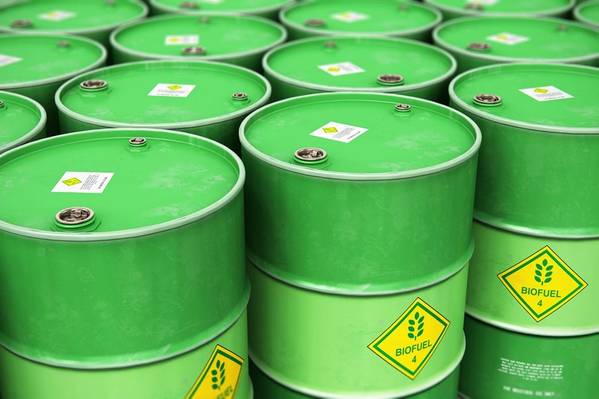
The 80th session of the IMO’s Marine Environment Protection Committee (MEPC 80), held in July 2023, has approved the interim guidance on the use of biofuels.
This is in relation to assigning CO2 Emission Conversion Factor (Cf) under the Carbon Intensity Indicator (CII) regulations and when reporting fuel consumption to the IMO Data Collection System (IMO DCS).
Flag States are encouraged to apply the interim guidance on use of biofuels under regulations 26, 27 and 28 of MARPOL Annex VI (DCS and CII) until a more comprehensive method is developed to calculate a fuel's emission conversion factor reflecting its well-to-wake GHG emissions and removals based on the LCA Guidelines.
Bunker suppliers are encouraged to provide proof of sustainability (or similar documentation) from a recognised certification scheme, such as the International Civil Aviation Organization’s certification schemes, meeting its sustainability criteria, referring to the sustainability criteria of the Carbon Offsetting and Reduction Scheme for International Aviation. Such documentation should be provided along with the Bunker Delivery Note.
The guidance states that biofuels that have been certified by an international certification scheme, and that provide a well-to-wake GHG emissions reduction of at least 65% compared to the well-to-wake emissions of fossil MGO of 94 gCO2e/MJ (i.e. achieving an emissions intensity not exceeding 33 gCO2e/MJ) according to that certification, may be assigned a carbon factor (Cf) equal to the value of the well-to-wake GHG emissions of the fuel according to the certificate multiplied by its lower calorific value (LCV).
For blended fuels, the Cf should be based on the weighted average of the Cf for the respective amount of fuels by energy.
Biofuels not certified as ʺsustainableʺ or not fulfilling the well-to-wake emission factor criterion should be assigned a Cf equal to the Cf of the equivalent fossil fuel type.



